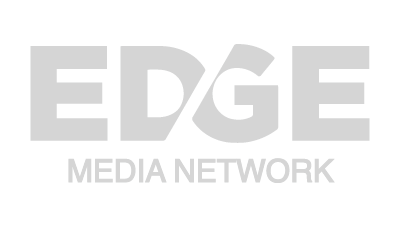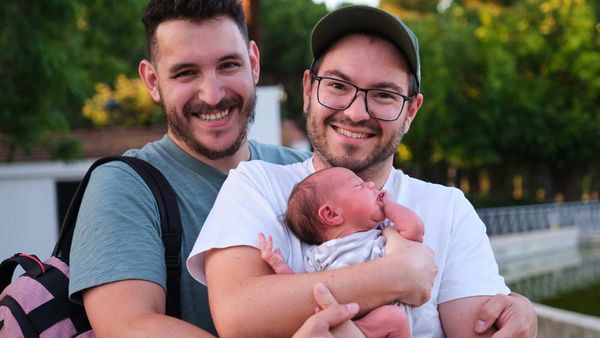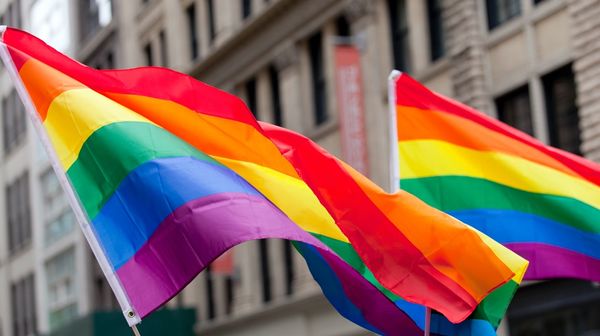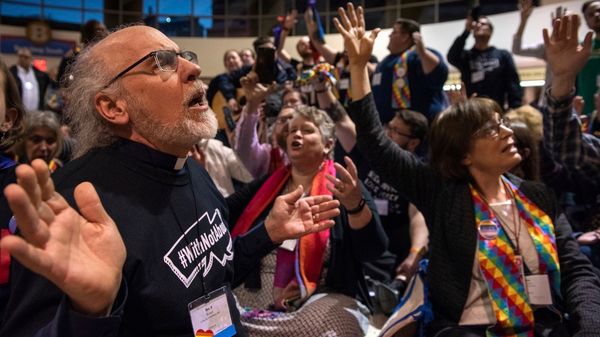
March 10, 2018
National Women and Girls HIV/AIDS Awareness Day
READ TIME: 2 MIN.
Women and girls represent more than half of all people living with HIV across the globe. That's almost 18 million women and girls living with HIV worldwide. In the United States, women account for approximately one in four people living with HIV and one in five new HIV infections.
Those numbers are important because preventing and managing HIV can be very different for women than for men -an issue that has often been overlooked since the epidemic was first recognized in 1981. In addition to the sex-specific physical effects of HIV, women also face a variety of gender-specific structural and societal challenges, including inequalities that can increase their vulnerability to HIV and negatively impact their health.
Stigma plays a huge role in perpetuating these inequalities. For example, women living with HIV (WLHIV) who are mothers or caregivers may not seek the medical and emotional care/support they need for fear of revealing their diagnosis to their families, friends, or colleagues.
The Well Project is an organization that works to improve health outcomes and quality of life for women and girls, including trans women, who are living with HIV. They note that reaching women means providing access to meaningful and relevant information, building community support through social media and online connections, and developing and teaching treatment advocacy skills designed specifically for women.
The need to provide women-specific resources is absolutely vital. The Well Project aims to help WLHIV to successfully navigate the HIV care continuum and achieve viral suppression. And the organization also believes in the importance of a holistic approach for improving women's health, well-being, and sense of empowerment. Psychosocial factors and behavioral health issues are important additional influences that must be addressed in order for WLHIV to achieve an optimal quality of life.
The organization maintains a comprehensive online library of educational fact sheets (100+) on HIV and women, and reviews and updates them annually. The sheets address a wide range of issues and aim to improve health literacy, increase engagement in healthcare, and improve overall health outcomes.
The project also offers community support to address stigma and connect WLHIV to an online community of their peers. That effort includes online blogs, A Girl Like Me and Una Chica Como Yo, where women and girls can share their experiences and promote a better understanding of living with HIV while decreasing isolation and stigma.
This article originally appeared on hiv.gov.







